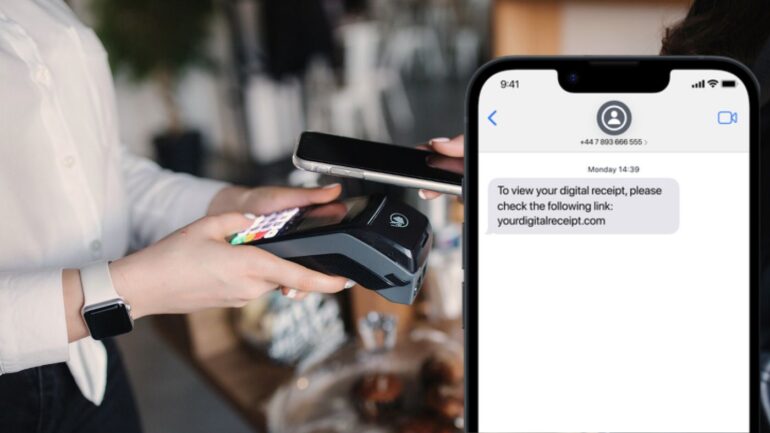Handing over personal details for a receipt has become routine, but it could come at the cost of your privacy.
With cyber attacks on the rise, experts are warning that outdated privacy laws are failing to protect consumers.
So, what happens to your data after checkout?
On Wednesday afternoon’s episode of The Briefing, we sat down with Consumer Advocate Chandni Gupta, who unpacks your legal rights and the need for an overhaul of privacy regulations to better protect consumers.
Australian law requires retailers to provide a receipt for purchases over $75, but Gupta says: “how you provide that receipt is very much up to the business.”
“They can ask you for that information for a particular purpose … and you can say, no, I don’t want to be part of that program,” she says.
But she warns retailers push shoppers with incentives like “$10 off” to join loyalty programs or share data, making consumers harder to refuse.
“Having no receipt means that you potentially don’t have the proof of purchase… there are other ways, but not quite in the same way that a receipt would be able to enable.”
Gupta says that the receipt-processing system often involves outsourced platforms, meaning personal information “is actually moving through many hands”.
She points out that Australia’s privacy laws, still based on the 1988 Privacy Act, are outdated for the digital age and depend heavily on lengthy terms and conditions.
Gupta calls it “real information and power asymmetry… Businesses know so much about us and we know so little about how they know what they know.”
Subscribe to The Briefing, Australia’s fastest-growing news podcast on LiSTNR today. The Briefing serves up the latest news headlines and a deep dive into a topic affecting you. All in under 20 minutes.
